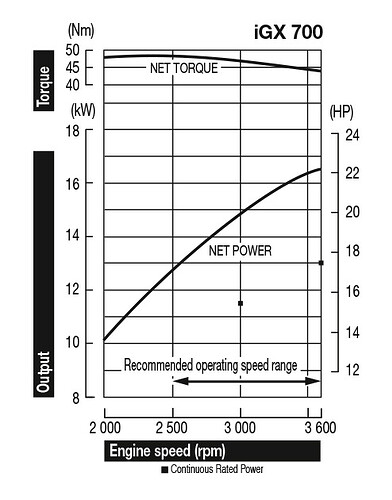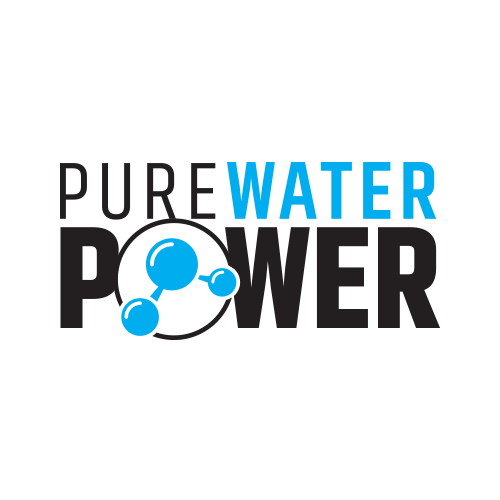I am looking at different engines and wanted to know is there a formula for finding out how much PSI I would be putting out with knowing the motor size and the gear drive GPM pump…anyone know?
You can determine the maximum cleaning units of an engine then divide it by the psi or gpm
Gas engine hp x 1100
Diesel hp x 1250
Electric motor hp x 1430
Hydraulic motor hp x 1700
For example if you are looking at a 20hp gas engine the formula is 20 x 1100 = 22000 cleaning units if your more interested in the psi lets say 3500psi you can get up to 6.285 gpm with that engine at that psi or if you are more worried about gpm than devide that number by the 22000 and it will tell you the maxium psi an engine can produce at that gpm
If its a gas engines there’s 2 formulas I used over the years to get an idea what I need.
1-- (GPM x PSI/1450) x 1.5=HP
2-- (GPM x PSI)/1100=HP
First off the PSI rating of the pump you can only bring that up a little but not to high because of what the pump is rated for.
Can use the above formulas and put in the HP you have but the best bet is to put in the pump rating and you will see if your engine is big enough. I like having a couple of extra HP most of the time.
So let’s say your pump is a general TSF 2021 Rated at 8.5gpm at 3500 psi. You can throw those numbers into the above formula:
1–(8.5gpm x3500psi/1450= aprox 30hp
2–(8.5gpm x3500)/1100 = aprox 27hp
If you add a generator you can add 2hp for ever 1000 watts.
Hope this helps.
John, thanks for the formulations. I was trying to play around with knowing what kind of PSI I will get with different engines. I put a 8gpm on a 13hp and was playing around with getting a little bigger engine, but didn’t know what my PSI would be…
All these 2013 posts popping up. Lol.
Goat urine
X
Pool pellets
+
Lies = SnakeWash. Btw that word is also pattened
Sorry only formula that comes to mind 
I missed you this summer. ![]()
So there is indeed a good use for “cleaning units”. This makes things so much easier in my head.
On a side note, does engine torque play into the formula at all?
I’m in the middle of building my iGX700 gear drive, and I’m anticipating having to throttle the machine down while working from certain water supplies. (No less than the recommended 2500 rpm, so the motor can keep itself cool.)
Here is the published power curve for my motor:
At 2500 rpm, I will have just under 13 hp, and the pump will be putting out roughly 6 gpm. That gives me a max psi of ~2400 psi.
But at 2500 rpm, the motor is at its peak torque. Does that change anything? I’ve never been good with understanding the difference between torque and horsepower.
Torque is the capacity to do work, HP is the speed with which it can be done. It’s common to forget that there’s a “time” part of horsepower: (the power required to lift 33,000 pounds exactly one foot in one minute.)
It’s also why your HP drops so smoothly with RPMs, you’re literally taking away time from the engine to apply its torque
Ok, so when it comes to producing a certain psi at a particular flow rate, hp is the bottom line because of the time factor in GPM
Torque will continue to befuddle me… 

When I read all of that I couldn’t process the words. It just sounded like Charlie Brown’s teacher talking in my head.
Torque: spin thing hard
Horsepower: how fast spin thing same hard
^^^ dying 


That’s hilarious…lol

























